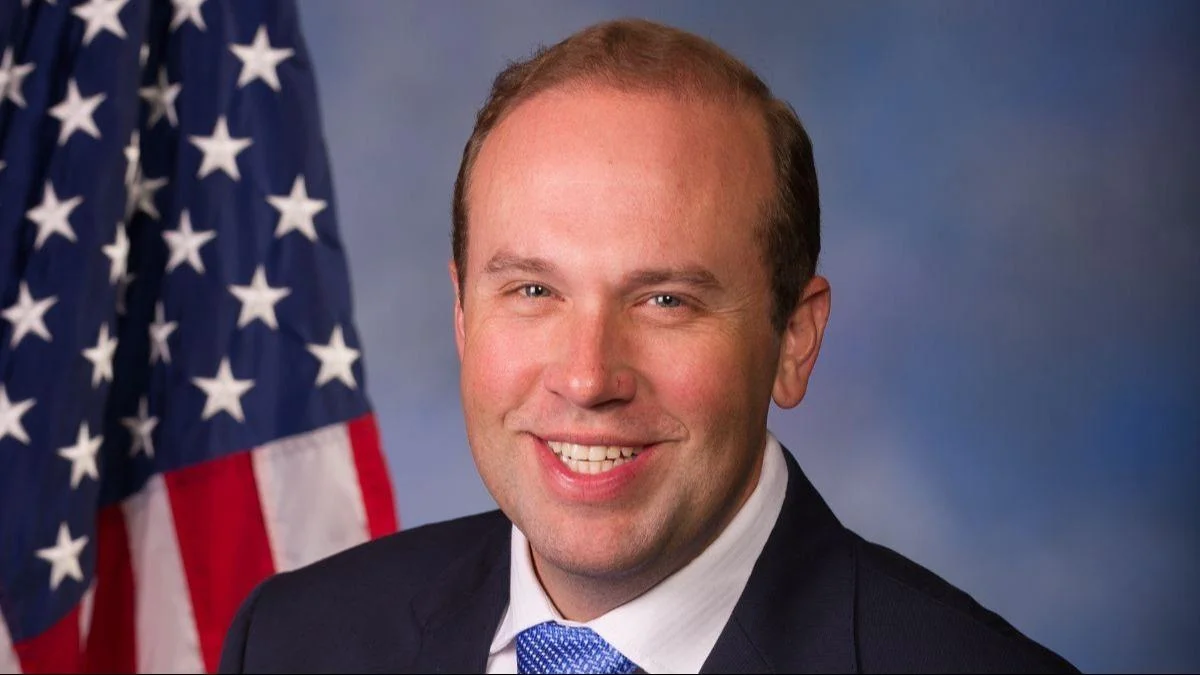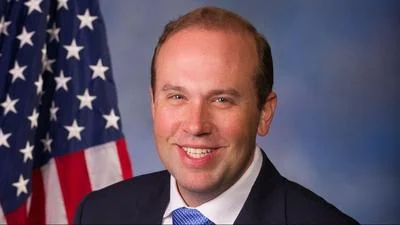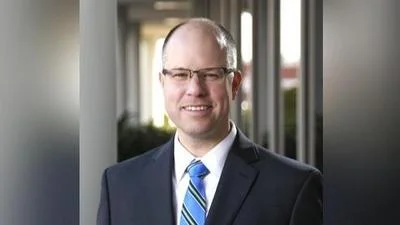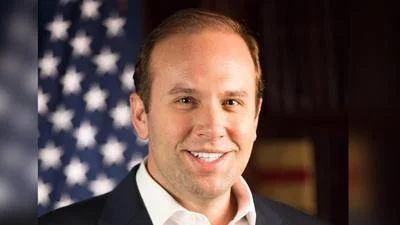Rep. Jason T. Smith, U.S. Representative for Missouri's 8th District | Congressman Jason Smith Official U.S. House headshot
Rep. Jason T. Smith, U.S. Representative for Missouri's 8th District | Congressman Jason Smith Official U.S. House headshot
Permanently extending the Trump tax cuts is seen as a potential catalyst for economic revitalization in some of America's most impoverished and rural areas. The Opportunity Zone (OZ) program, established under the 2017 Trump Tax Cuts, has been credited with significant economic improvements in these communities. According to data from the initial two years of the program, $48 billion in new investments led to the creation of 780,000 jobs within OZs. These zones typically face high poverty and unemployment rates.
The incentives provided by Opportunity Zones have made them 21 percent more likely to host new commercial or residential projects compared to national averages. Advocates argue that making these tax policies permanent could sustain this growth trajectory and continue lifting Americans out of poverty.
Jason Smith, Chairman of the Ways and Means Committee, emphasized the impact of Opportunity Zones during a hearing held in Erie, Pennsylvania. He stated: “Last year, the Ways and Means Committee held a hearing on the effectiveness of Opportunity Zones in Erie, Pennsylvania... Without a doubt, the Trump tax cuts put the needs of working-class families and forgotten men and women first... If we permanently extend the Trump tax cuts, we will breathe new life and prosperity into all kinds of communities – including rural America.”
Under President Biden's administration, homeownership has become more challenging due to rising mortgage costs. However, Opportunity Zones have contributed to alleviating housing pressures by facilitating at least 300,000 new homes since their inception.
In May, further discussions took place during another field hearing in Erie where local business owners shared their experiences with OZs. Rep. Mike Kelly questioned Jason Spore about his pizzeria's future without OZs. Spore responded: “I’m a pretty resilient guy... No way I could do it the way that I’m doing it now.”
Opportunity Zone investments between 2018-2020 totaled at least $48 billion and created approximately 780,000 jobs. Urban areas accounted for most qualified property investments during this period according to Treasury estimates.
In June 2023, legislation was approved by the Ways and Means Committee aimed at establishing a Rural Opportunity Zone program similar to urban counterparts' successes through OZs.
Proponents believe that permanently extending these tax cuts could generate substantial economic benefits including $50 billion in new investment within Opportunity Zones annually alongside broader impacts such as creating one million small business jobs each year if certain deductions are made permanent.






 Alerts Sign-up
Alerts Sign-up